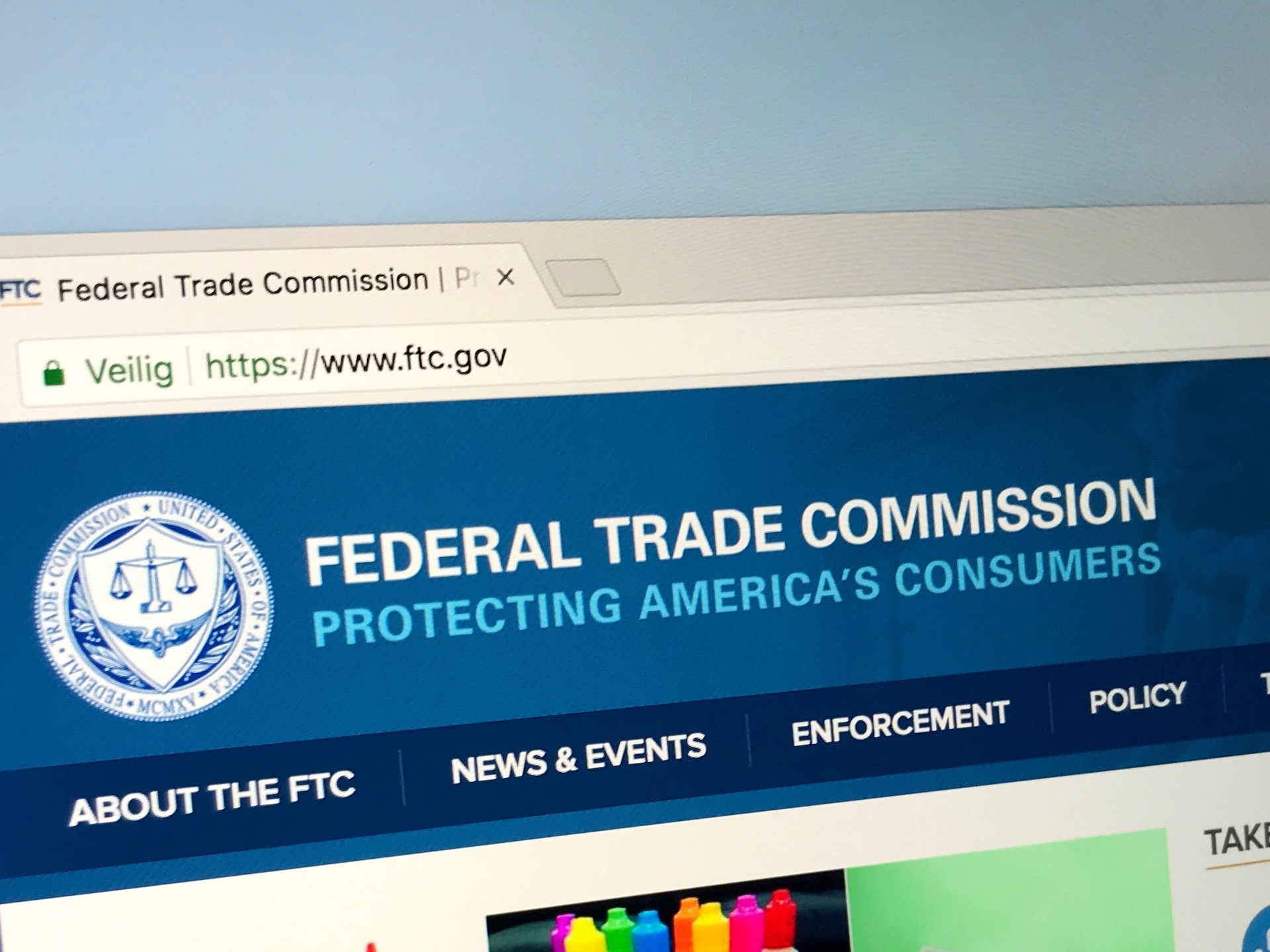
The Federal Trade Commission issues refunds to CBD buyers, here’s why
This article was written by Joana Scop and originally published on Benzinga.
Recently, the Federal Trade Commission (FTC) announced that it will send payments to 576 consumers across the country who purchased “deceptively marketed” cannabidiol (CBD) products from Arizona-based Kushly Industries LLC.
According to a statement from the federal agency, “Consumers will receive a PayPal (NASDAQ:PYPL) payment or check in the mail. The deadline for consumers to cash their checks is November 22, 2022. PayPal payments must be cleared by September 23, 2022.” Additionally, each consumer will receive an average of $36.
In all, the FTC will pay back approximately $21,000 to consumers who were misled by Kushly’s unsubstantiated claims about its CBD products.
Related
Attention weed buyers: THC inflation is spiraling out of control
Work to promote competition and protect and educate consumers
To protect the rights of CBD consumers, the FTC launched a complaint against Kushly and its CEO Cody Alt in March 2021, alleging that the company “made false or unsubstantiated claims that their CBD products could effectively treat or cure a range of conditions, from common ailments like acne and psoriasis to more serious illnesses. including cancer and multiple sclerosis.”
At the time, Daniel Kaufman, acting director of the FTC’s Consumer Protection Bureau, said, “This is the seventh case we have brought against CBD vendors, who should know better than to make unsubstantiated health claims on their products.”
The complaint claimed that the company “Falsely claiming that scientific studies or research have shown that CBD products effectively treat, alleviate or cure diseases including high blood pressure, Parkinson’s and Alzheimer’s.”
Related
What is the difference between CBD and THC?
The role of the FTC and FDA in CBD regulation
The two agencies that work together to regulate CBD products are the Federal Trade Commission (FTC) and the Food and Drug Administration (FDA).
FTC
The FTC’s primary mandate is to protect public health and encourage competition in the CBD market.
Through the FTC’s Operation CBDeceit, launched last December 2020, they are hunting down CBD companies who have been promoting their product on their websites and social media platforms with false health claims.
For consumers, the FTC has also made it easy for them to get assistance with counterfeit or questionable CBD products.
FDA
The FDA protects public health by ensuring the safety and efficacy of consumer products, including cannabis and cannabis-derived products.
The FDA is the main office that approves new CBD products. According to the Food, Drug and Cosmetics Act:
- CBD should not be labeled as a dietary supplement
- CBD must not be added to food for humans or animals
Genetic marijuana products, extremely dangerous for children
In addition, the FDA said that THC edibles can be easily confused with commonly consumed foods such as breakfast cereals, candy, and cookies and accidentally ingested, which can lead to adverse events, especially in children.
A study led by researchers at the NYU School of Global Public Health found that “copycat” edibles can have levels of tetrahydrocannabinol, or THC, “far exceeding the limits set by state cannabis regulations” and can easily be confused with popular snack foods.
In June, the FDA warned all consumers about accidental ingestion of THC-containing foods by children.
To the petrol
Benzinga’s mission is to connect the world with news, data and education that make the path to financial prosperity easier for everyone every day.
Check out the articles from Benzinga
By submitting this form, you are subscribing to Leafly news and promotional emails and agreeing to Leafly’s Terms of Service and Privacy Policy. You can unsubscribe from Leafly email communications at any time.



Post a comment: